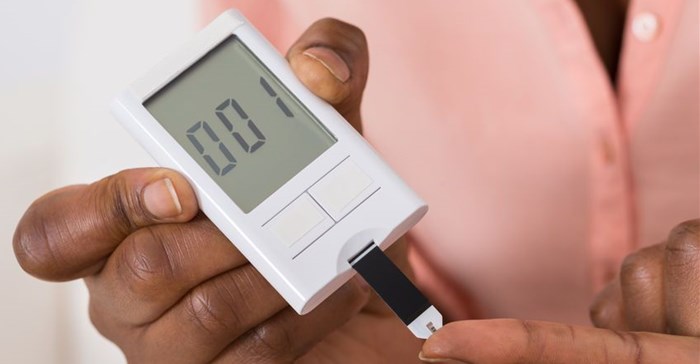
Africa is already ravaged by infectious diseases such as HIV and tuberculosis, but non-communicable diseases (NCDs) such as diabetes are expected to rise at an even sharper rate, according to new data released at the inaugural Diabetes Frontier Africa event. NCDs place undue pressure in healthcare infrastructure, worker productivity and by effect economic development.
Experts gathered at the event noted the projections with concern, stating that more needs to be done at regional, State and community levels to curb the threat.
“Africa desperately needs responsible activism by patients as was done with HIV,” said Professor Jean Claude Mbanya, former president of the International Diabetes Foundation.
He added that the price of diabetic medicines such as insulin will continue to be unaffordable for the average African if diabetes patients and affected families do not raise their voices. He noted that advocacy by HIV patients resulted in affordable antiretroviral medication throughout Africa, something that diabetes patients should aim for.
South African representative for the World Health Organisation, Dr Rufaro Chatora noted that Africa has a myriad of challenges in providing effective healthcare both at the prevention and treatment levels.
African governments, in particular, need to take the threat of NCDs more seriously and set goals to prevent their spread as this will be the most effective approach to stemming the alarming growth. “The fight against non-communicable diseases in Africa is not just a ministry of health issue, it involves finance, economics as well as the members of parliaments that serve affected areas,” Chatora said.
Commenting on the lifestyle challenges on the continent Dr Eva Njenga, director at Kenya Diabetes Management and Information centre, highlighted that Africa’s urbanisation trend is not currently geared toward healthy living.
“In Nairobi a cyclist is more likely to get run over than to improve their health. Despite the fact that cycling would not only increase public health but also reduce congestion and pollution, the local government has shown no interest in developing cycling lanes,” Njenga said.
She added that positive perceptions of obesity, sedentary pursuits and consuming unhealthy food all add to the increase in NCDs. Not only are negative lifestyle choices admired but there is often a stigma associated with not being overweight after marriage or pregnancy.
This cultural bias is partly to blame for why 69.2% of adults with diabetes in Africa are undiagnosed. They are only diagnosed when they experience diabetic complications such as impaired vision, nerve damage, cardiovascular and kidney diseases.
“In order to have healthy populations, Africa can no longer focus on isolated illnesses, we need a focus on holistic health,” she said.
Diabetes stigma was also highlighted as a major social challenge to positive management of the disease.
“Because diabetes is linked to a bad lifestyle, many suffers are blamed for their obesity or lack of activity. This stigmatization of diabetes patients does little to encourage them to live a healthier lifestyle,” said Margot McCumisky, national manager of Diabetes South Africa.
She added that the association of diabetes with impotence in men and infertility in women also created a disincentive in potential patients being tested.
McCumisky said that only through collaboration between all stakeholders at the patient level, healthcare and governmental levels will African communities be able to effectively help people.
In closing the event Mbanya noted that a large proportion of the increase in African diabetic prevalence will be in adolescent children, a result of the intergenerationality of diabetes. “If we will not be diabetes activists for ourselves then we should do it for our grandchildren who will have to deal with the massive burden of high prevalence and low funding for healthcare."